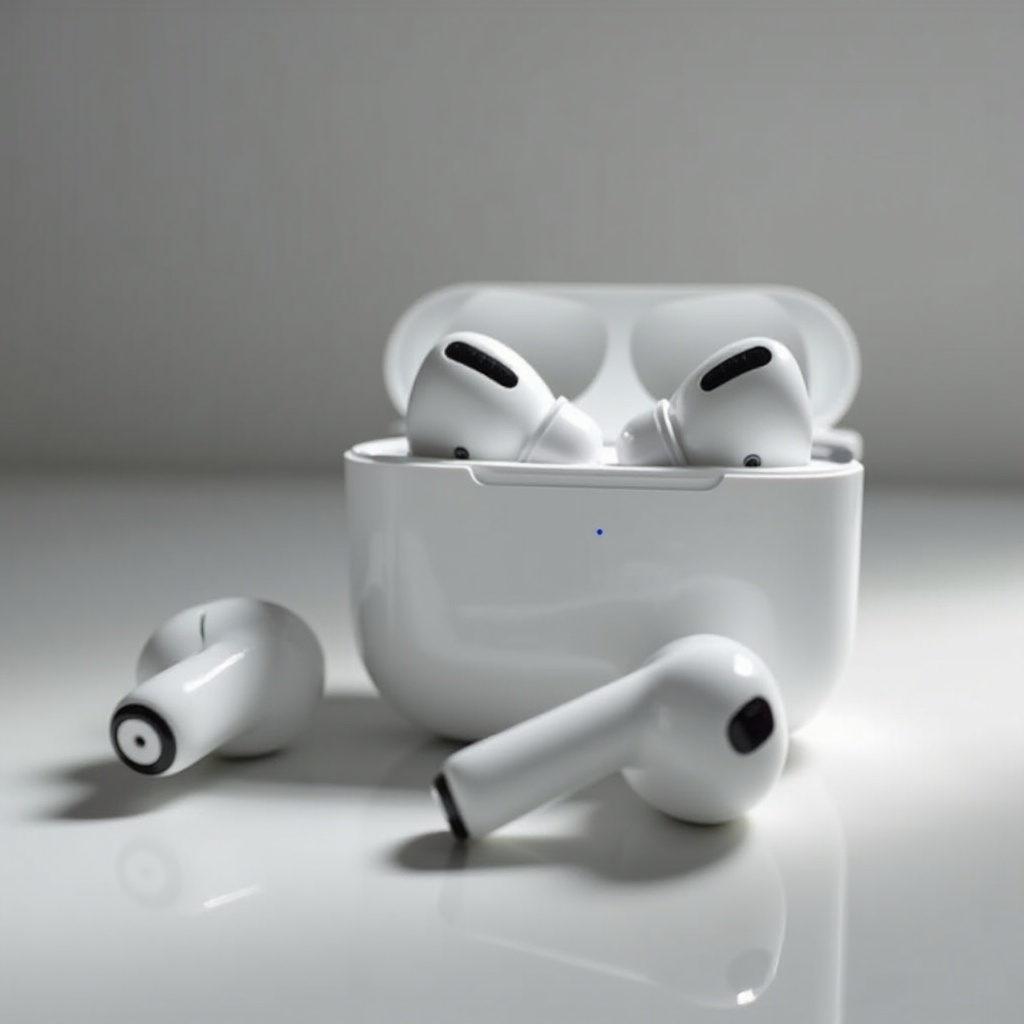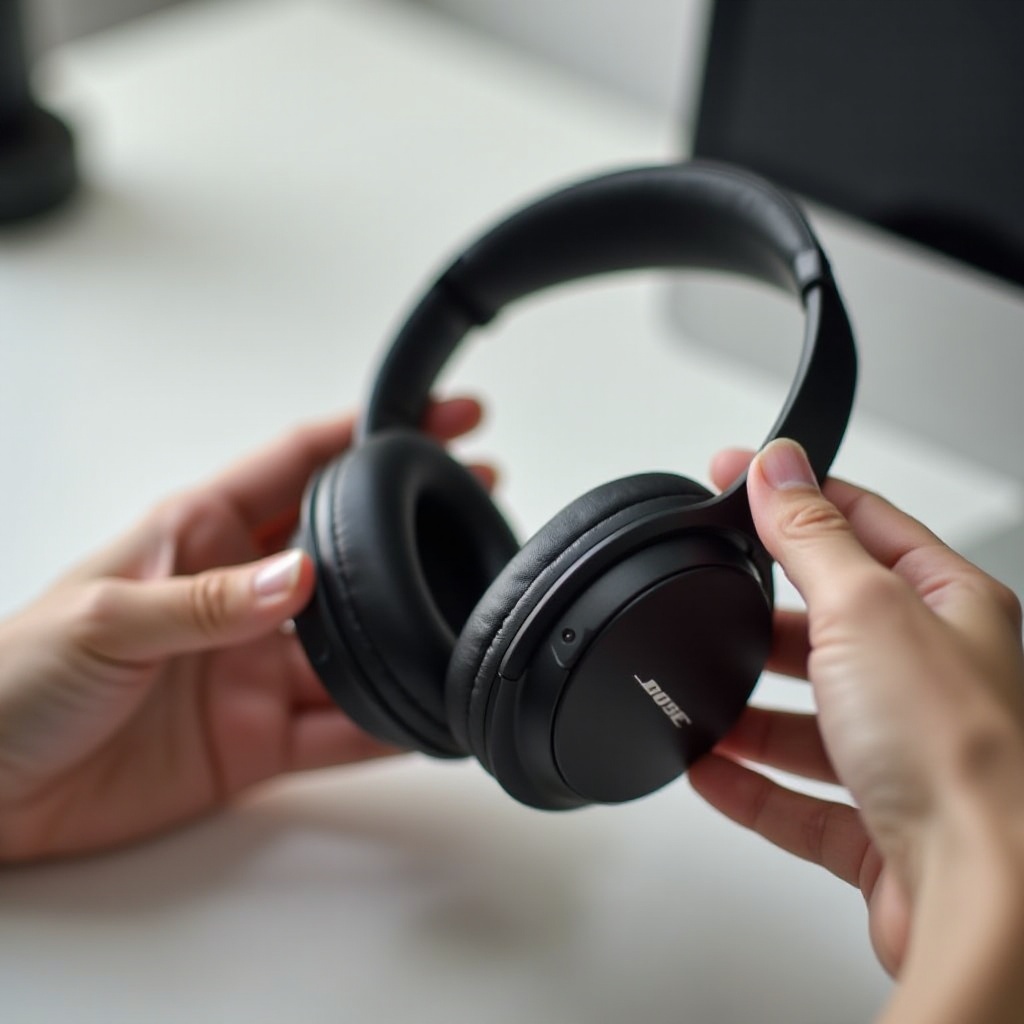What Are Audiophile Headphones and Why Do They Matter?
Audiophile headphones represent the pinnacle of personal audio technology, crafted for listeners who crave exceptional sound experiences. Designed with precision, these headphones cater to the demands of music enthusiasts and professionals alike, promising unparalleled audio clarity and depth. Their ability to reproduce sound with minimal distortion and a wide frequency range makes them an indispensable tool for those seeking an authentic listening experience. Audiophile headphones offer more than just superior sound; they deliver an immersive journey through every note and beat. By investing in high-quality audio gear, users can unlock the full potential of their favorite tracks, experiencing music as it was meant to be heard. Whether you’re a seasoned audiophile or someone who values supreme sound quality, understanding what makes these headphones unique is the first step toward enhancing your personal audio adventure.

What Defines Audiophile Headphones?
Key Technical Specifications
Audiophile headphones are defined by their superior technical specifications, which distinguish them from standard consumer models. Key features include high-fidelity sound reproduction, a broad frequency response range, and low total harmonic distortion (THD). These specifications ensure that every nuance of a musical piece is captured with accuracy, from the deepest bass to the highest treble. Drivers in audiophile headphones are meticulously engineered, offering precise sound staging and imaging. Impedance levels are also critical, often higher than typical headphones, necessitating powerful audio sources or amplifiers for optimal performance. The culmination of these elements results in a sound profile that is both detailed and dynamic.
Open-Back vs Closed-Back Designs
When choosing audiophile headphones, understanding the difference between open-back and closed-back designs is crucial. Open-back headphones have ear cups that allow air and sound to pass through, creating a more natural and spacious sound. This design is preferred for home listening environments where ambient noise is minimal. Closed-back headphones, on the other hand, offer noise isolation, making them suitable for studio use or public settings. Each design has unique advantages, and the choice largely depends on individual listening habits and environments.
Why Do Audiophile Headphones Matter?
Impact on Music Fidelity
Audiophile headphones significantly enhance music fidelity by accurately reproducing sound without compromising quality. This high-fidelity listening experience is paramount for music lovers who wish to hear recordings as intended by the artists. The realistic sound staging offered by these headphones allows listeners to discern subtle details in tracks, leading to a richer, more engaging auditory experience. For purists, the ability to perceive every instrument and vocal nuance is a crucial factor in choosing audiophile-grade equipment.
Use Cases for Audiophiles and Professionals
Audiophile headphones are essential not only for personal enjoyment but also for professional applications. Music producers, sound engineers, and musicians rely on these headphones to make precise audio adjustments during production. The accuracy of sound reproduction helps professionals identify audio issues that might go unnoticed with standard headphones. For enthusiasts, these headphones serve as a gateway to explore vast music genres in their truest form, fostering a deeper connection with their favorite compositions.
How to Choose the Right Audiophile Headphones?
Understand Impedance and Source Matching
Selecting the right audiophile headphones requires an understanding of impedance and its influence on sound quality. High-impedance headphones often deliver superior sound but demand more power, usually necessitating a dedicated amplifier. It’s important to match headphones with compatible audio sources to maximize their potential. Evaluating the power output of devices ensures that the selected headphones will perform at their best.
Consider Build Quality and Comfort
The build quality of audiophile headphones can affect both longevity and listening comfort. Premium materials like metal and high-grade plastics provide durability, while plush ear pads and adjustable headbands enhance comfort during extended listening sessions. Evaluating these factors ensures that the headphones will not only last but also provide a pleasurable wearing experience. Comfort is as crucial as sound quality for long-term user satisfaction.
Are Audiophile Headphones Worth It?
Price vs Performance Evaluation
Justifying the investment in audiophile headphones often boils down to a price-versus-performance evaluation. Premium headphones come with a hefty price tag, reflecting their advanced technology and engineering. However, for audio enthusiasts, the marginal gains in sound quality, build, and comfort can outweigh the cost. Each model offers distinct attributes, and discerning among them requires a balance between personal preferences and budget constraints. The more expensive the headphones, the more meticulous the sound reproduction, which could be worth every penny to a dedicated audiophile.
Alternatives for Budget-Conscious Users
For those with budget constraints, there are alternatives that offer decent sound quality. Entry-level audiophile headphones provide a taste of high-fidelity audio without breaking the bank. Brands often release cost-effective models that maintain essential characteristics of premium counterparts. Budget-conscious users might consider these alternatives as a stepping stone toward more advanced equipment.

Where Can You Experience Audiophile Headphones Firsthand?
In-Store Demos and Listening Events
Experiencing audiophile headphones firsthand is crucial before making a purchase. Many audio retailers offer in-store demos, allowing potential buyers to test different models in a controlled environment. Listening events and audio shows serve as platforms where enthusiasts can explore a wide range of options, guided by expert advice.
Online Reviews and Audio Communities
For those unable to attend in-person demos, online reviews and audio communities provide invaluable insights. Reviews from reputable sources often include detailed analyses, while user feedback in forums can offer diverse perspectives on sound quality and performance. Engaging with these communities helps prospective buyers make informed decisions based on collective experiences.
Conclusion
Audiophile Headphones hold a unique place in the audio landscape, offering unmatched sound quality and immersive listening experiences. For music lovers and professionals looking to elevate their audio experience, understanding the features that define these headphones is crucial. Whether choosing them for personal enjoyment or professional use, recognizing their impact on sound fidelity and the importance of careful selection can lead to long-term satisfaction. Although the investment may be significant, the rewards of owning audiophile headphones often eclipse the costs, providing a deeper appreciation of the world of sound.
FAQ
Can you use audiophile headphones with a smartphone?
Yes, but with limitations. Audiophile headphones often require more power than what a typical smartphone can provide. Using a portable amplifier or a dedicated digital-to-analog converter (DAC) can enhance performance.
Are studio headphones the same as audiophile headphones?
Not necessarily. While both aim for accurate sound reproduction, studio headphones prioritize flat response for mixing and production, whereas audiophile headphones focus on the overall listening experience with more attention to sound texture and clarity.
Do you need a DAC for audiophile headphones?
A DAC isn’t always necessary but can significantly improve sound quality when paired with high-impedance headphones. It provides better audio resolution and detail, especially when using computers or smartphones as audio sources.
